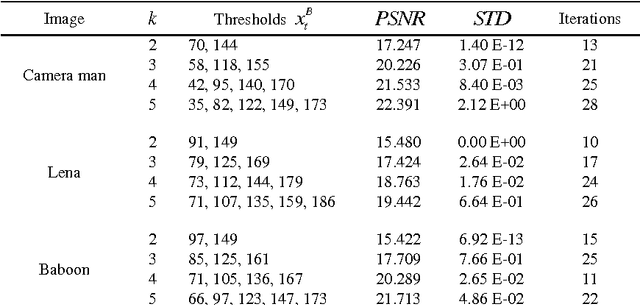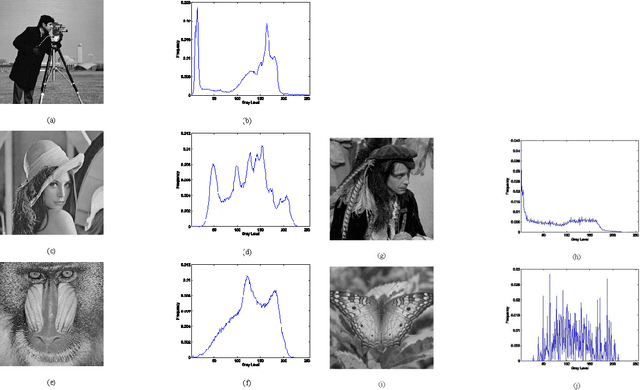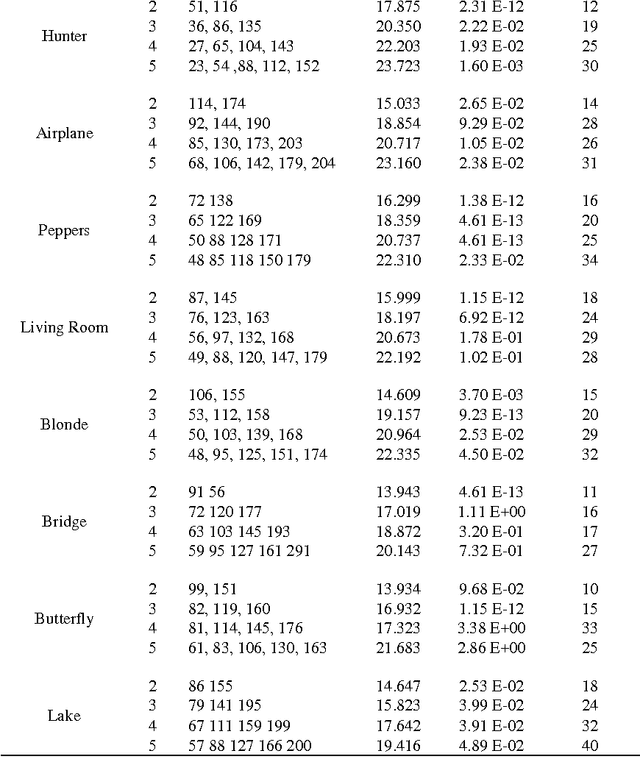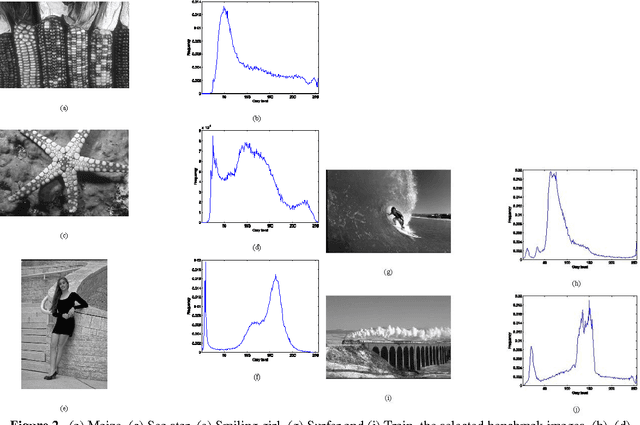Gonzalo Pajares
A multilevel thresholding algorithm using Electromagnetism Optimization
Jun 24, 2014



Abstract:Segmentation is one of the most important tasks in image processing. It consist in classify the pixels into two or more groups depending on their intensity levels and a threshold value. The quality of the segmentation depends on the method applied to select the threshold. The use of the classical implementations for multilevel thresholding is computationally expensive since they exhaustively search the best values to optimize the objective function. Under such conditions, the use of optimization evolutionary approaches has been extended. The Electromagnetism Like algorithm (EMO) is an evolutionary method which mimics the attraction repulsion mechanism among charges to evolve the members of a population. Different to other algorithms, EMO exhibits interesting search capabilities whereas maintains a low computational overhead. In this paper, a multilevel thresholding (MT) algorithm based on the EMO is introduced. The approach combines the good search capabilities of EMO algorithm with objective functions proposed by the popular MT methods of Otsu and Kapur. The algorithm takes random samples from a feasible search space inside the image histogram. Such samples build each particle in the EMO context whereas its quality is evaluated considering the objective that is function employed by the Otsu or Kapur method. Guided by these objective values the set of candidate solutions are evolved through the EMO operators until an optimal solution is found. The approach generates a multilevel segmentation algorithm which can effectively identify the threshold values of a digital image in a reduced number of iterations. Experimental results show performance evidence of the implementation of EMO for digital image segmentation.
* The figures have been shortened in order to fulfill the submission requirements
Opposition Based ElectromagnetismLike for Global Optimization
May 20, 2014



Abstract:Electromagnetismlike Optimization (EMO) is a global optimization algorithm, particularly well suited to solve problems featuring nonlinear and multimodal cost functions. EMO employs searcher agents that emulate a population of charged particles which interact to each other according to electromagnetisms laws of attraction and repulsion. However, EMO usually requires a large number of iterations for a local search procedure; any reduction or cancelling over such number, critically perturb other issues such as convergence, exploration, population diversity and accuracy. This paper presents an enhanced EMO algorithm called OBEMO, which employs the Opposition-Based Learning (OBL) approach to accelerate the global convergence speed. OBL is a machine intelligence strategy which considers the current candidate solution and its opposite value at the same time, achieving a faster exploration of the search space. The proposed OBEMO method significantly reduces the required computational effort yet avoiding any detriment to the good search capabilities of the original EMO algorithm. Experiments are conducted over a comprehensive set of benchmark functions, showing that OBEMO obtains promising performance for most of the discussed test problems.
* 27 Pages
 Add to Chrome
Add to Chrome Add to Firefox
Add to Firefox Add to Edge
Add to Edge